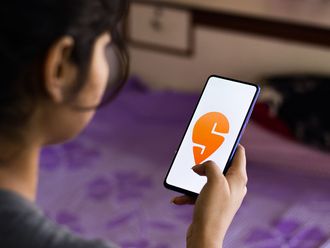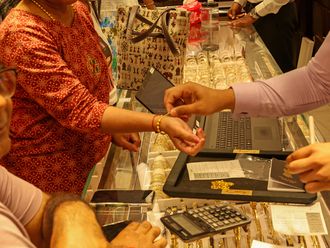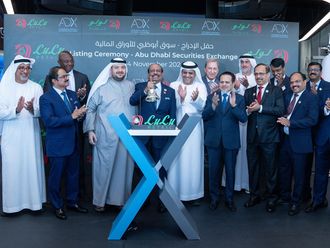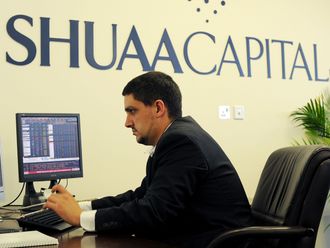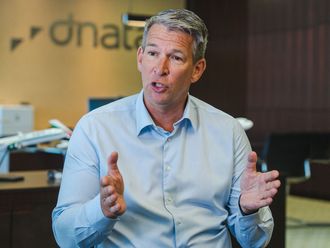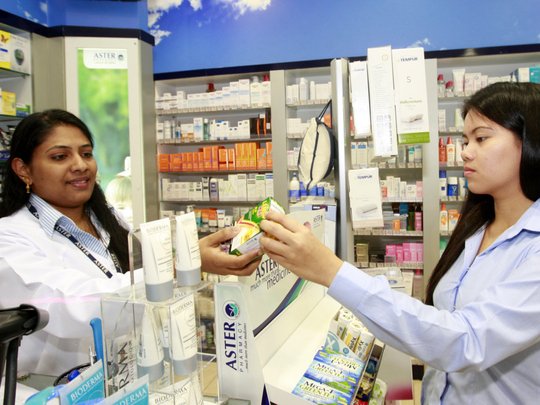
Dubai: It is the end of days for the small independent pharmacy operators in the UAE — only outlets that are part of big chains or those owned and operated by health care groups stand a chance in this market-place.
“A pharmacy operator has to have a bare minimum of five outlets if they are to stay in business,” said Raza Seddiqi, CEO of Arab Healthcare Group, which has upscale hospitals and speciality clinics in its portfolio.
“Only then can they even think of creating the economies of scale and stay on top of the escalating cost of operations for personnel and rentals.”
Interestingly enough, pharmacies have been among the fastest-growing categories in the local retail sector in the last three years, taking up prominent spots within malls to being at all of the established — and upcoming — commercial and residential locations in the cities. And more are on the way.
But a common thread runs through all these openings — the outlets are part of big local/Gulf chains or franchises of the big-name international brands.
“Despite all of this heightened activity, I don’t think there is a single outlet that’s not part of a bigger health care entity,” said Seddiqi, adding that Arab Healthcare Group did toy with the possibility of getting pharmacy retailing but that no decision has been taken.
“You have Aster growing into a 100-plus pharmacy chain in such a short span and they did it via acquisitions.”
But one health care services company that did decide not to enter into direct retailing is the Al Ittihad Drug Store (IDS), one of the leading names in pharmaceutical distribution in the Gulf.
“At one point we thought it would be a natural progression — given our distribution background to step into pharmacies as well,” said Ahmad Tabari, Group CEO at IDS. “But by that time the local pharmacy market had already started moving towards the big chains. We felt it would prove too costly for us to acquire outlets that were already not part of a network. That’s why we decided not to take the step into retail but go upstream with a generic drugs manufacturing plant in Dubai.”
According to T.J. Wilson, executive director at Aster DM Healthcare, single-store operators couldn’t provide the synergies that came with the changes sweeping through the overall health care sector in the UAE.
“By opening a pharmacy within or beside each new clinic or hospital we opened helped us deliver the one-stop total solutions residents were looking for,” said Wilson.
“In each instance where we acquired a small operator, that outlet was a loss-making proposition that we managed to convert [back to profitability]
“That was because we could create cost-gains from having a single automated system throughout the network and from being able to negotiate better terms with distributors. In the last three years, we had three major acquisitions — each involving outlets of more than 20 — apart from buying operators with just one or two locations.
“Just the other week, we opened the 150th [where the cricketer Sachin Tendulkar did the honours] in Abu Dhabi — I think there’s still space for a few more, but we will have to be selective about it.”



